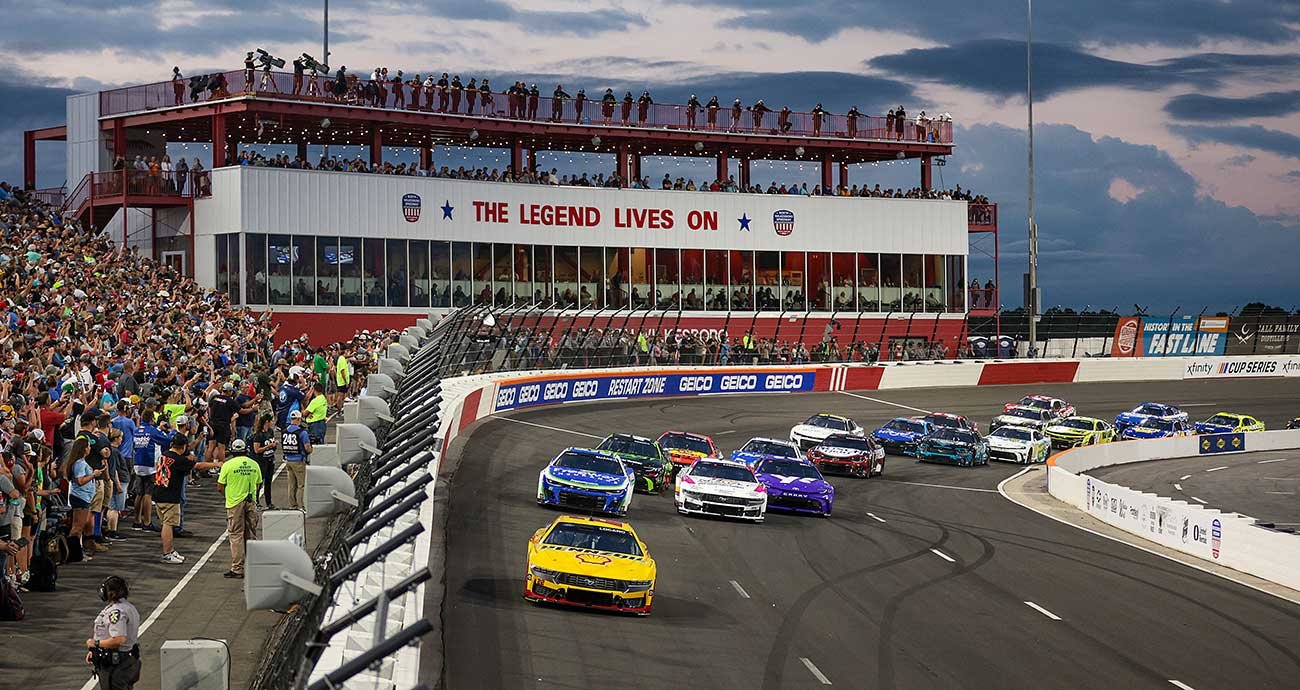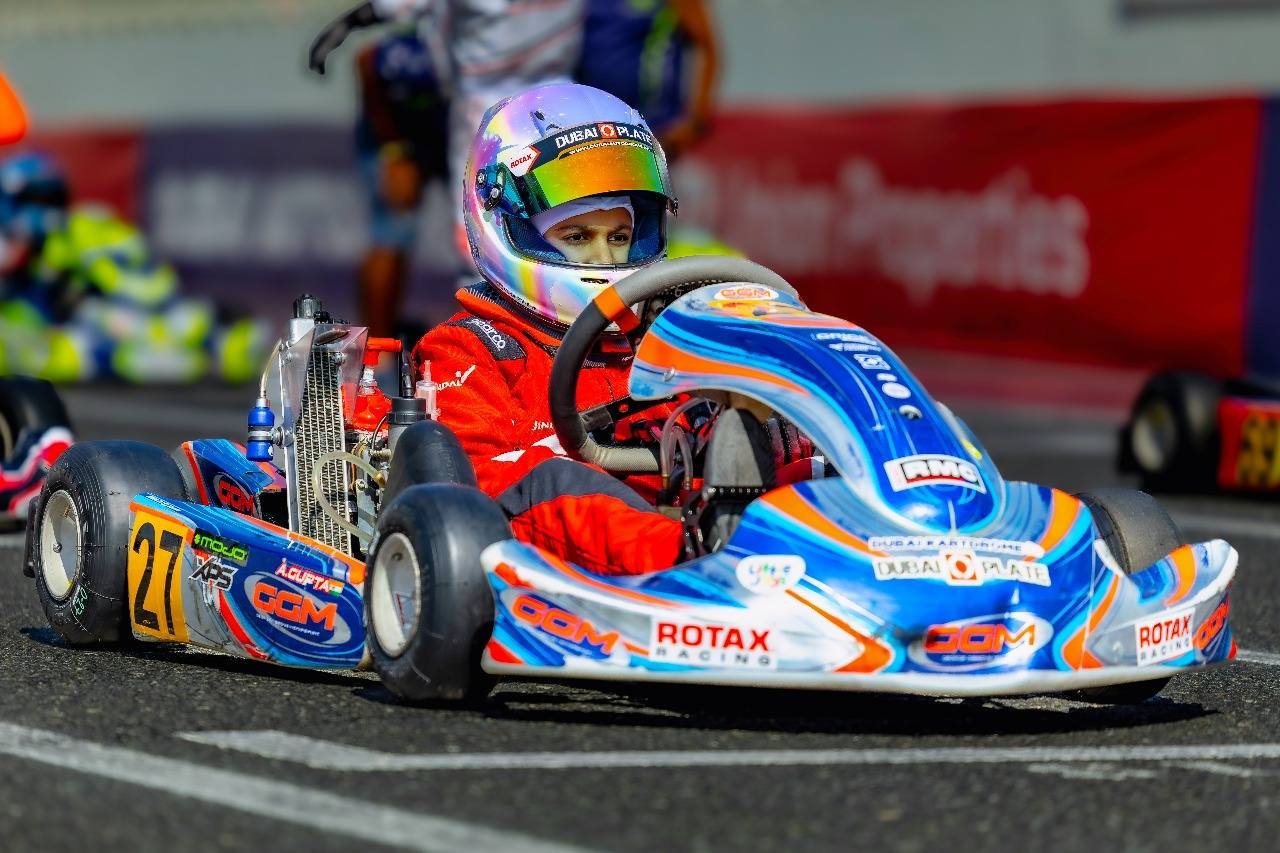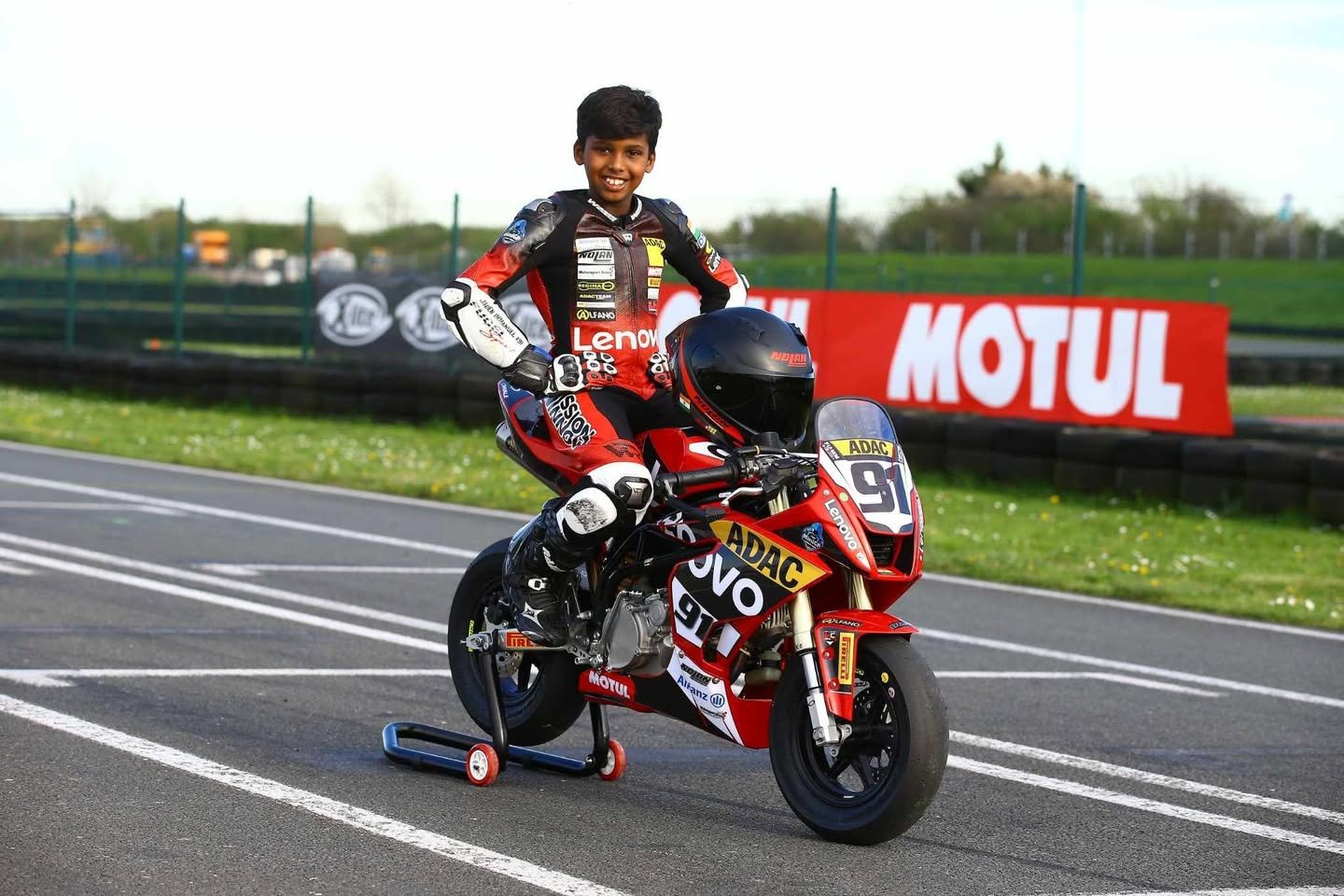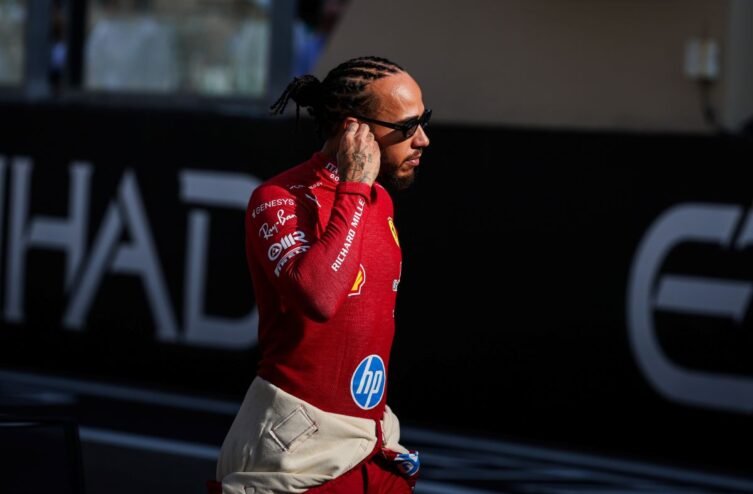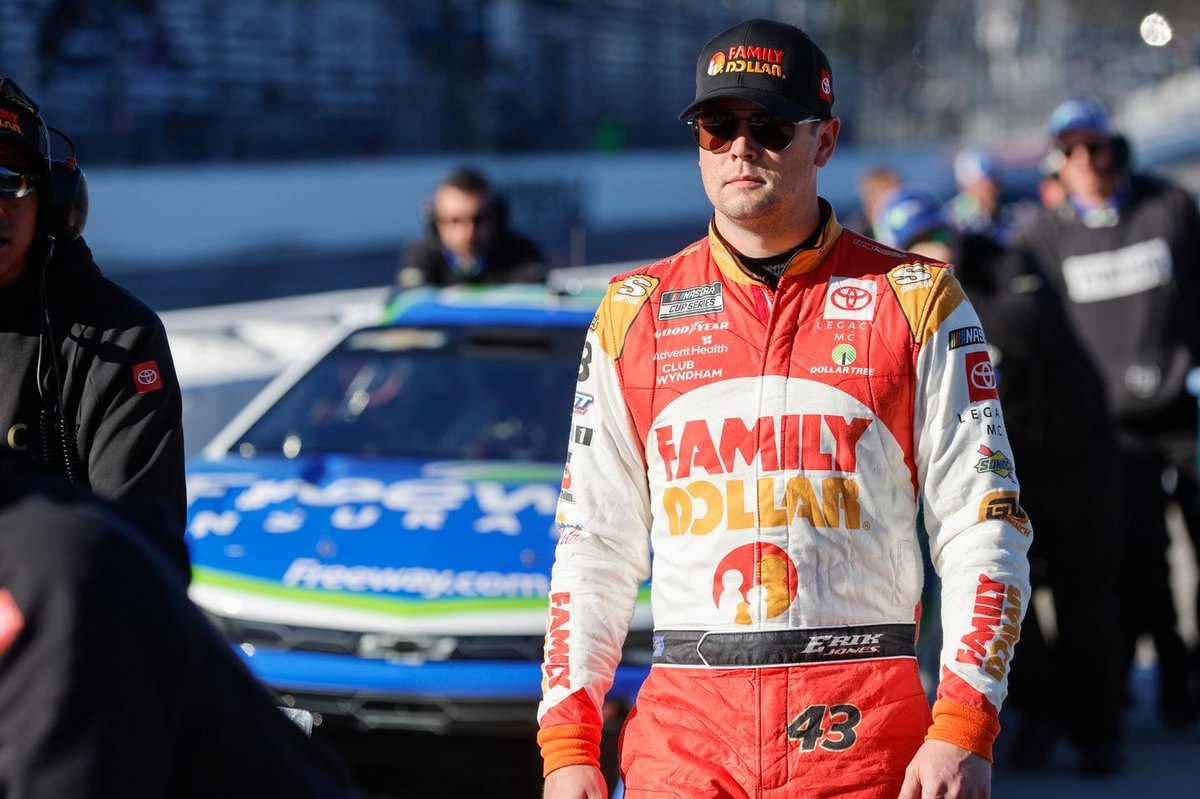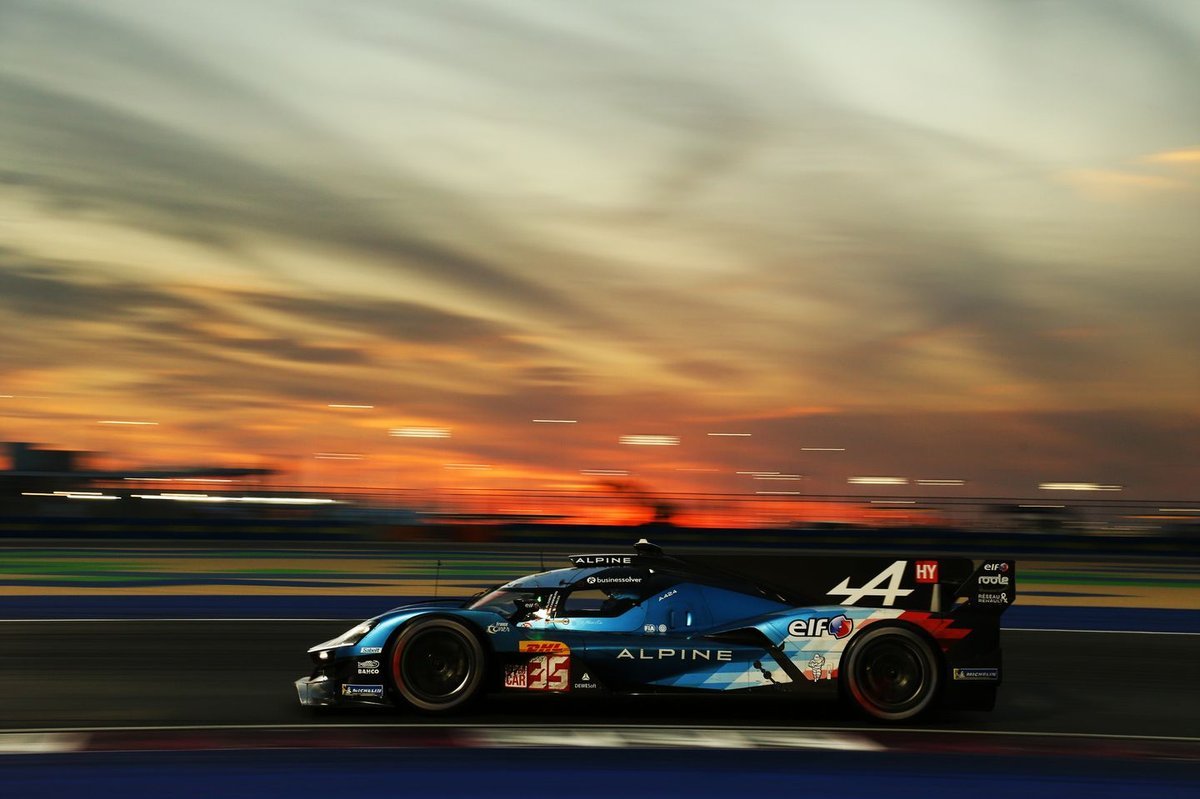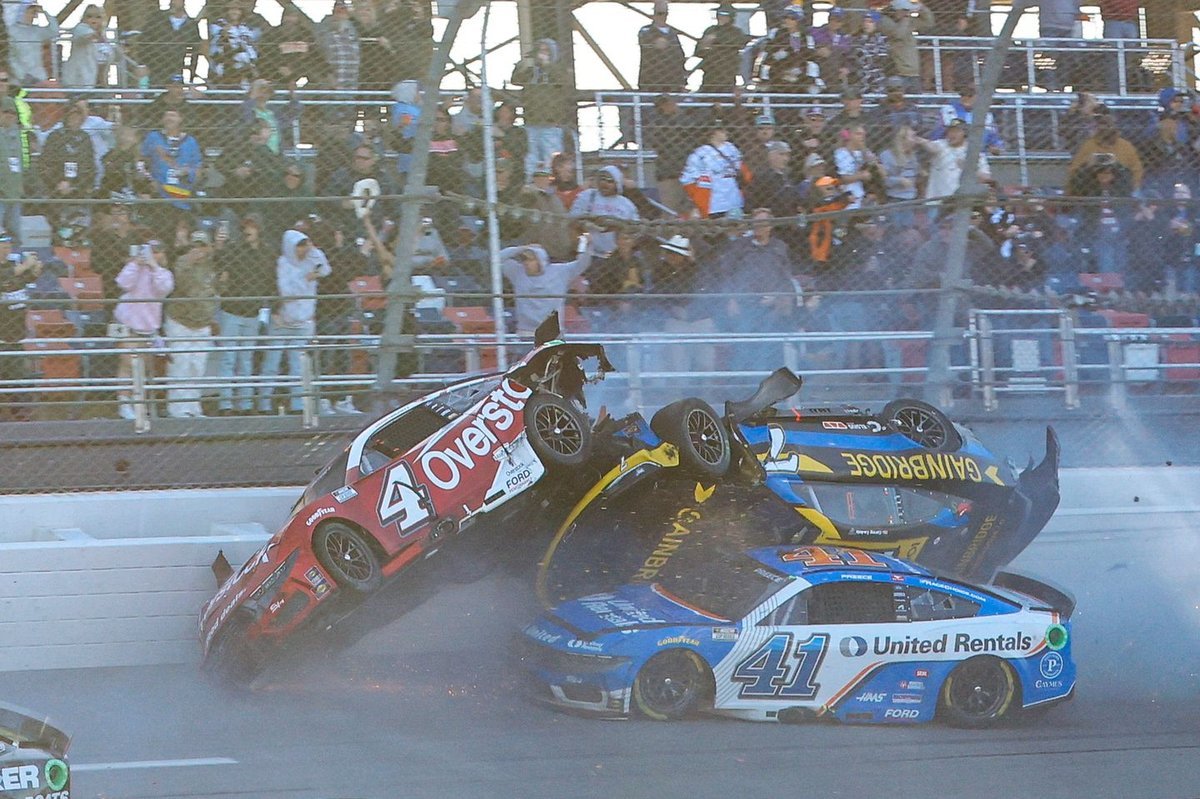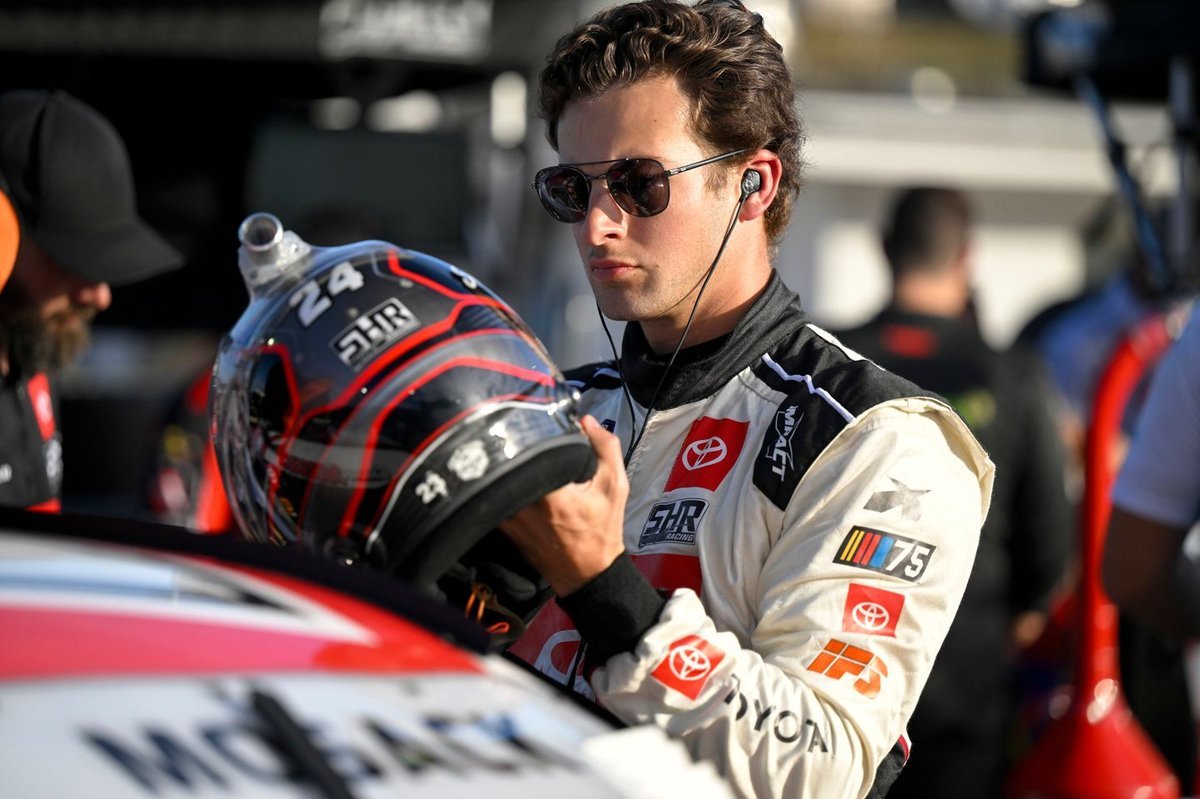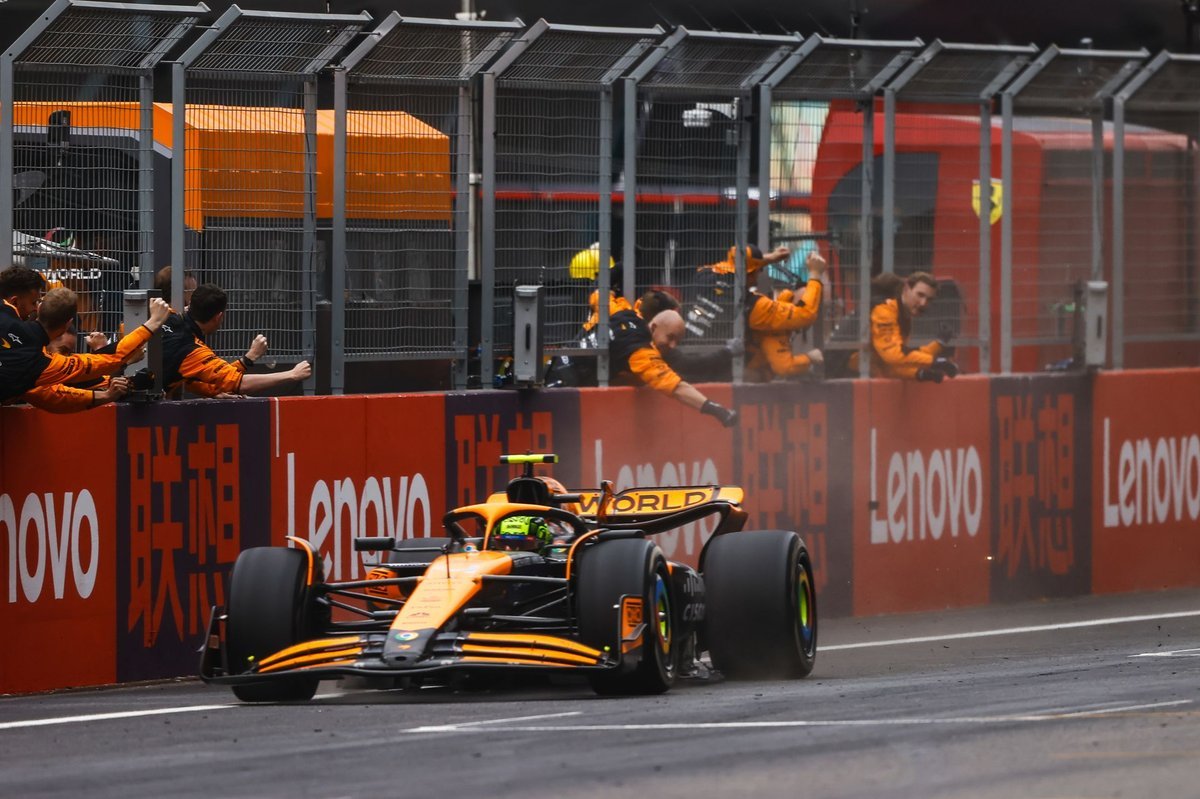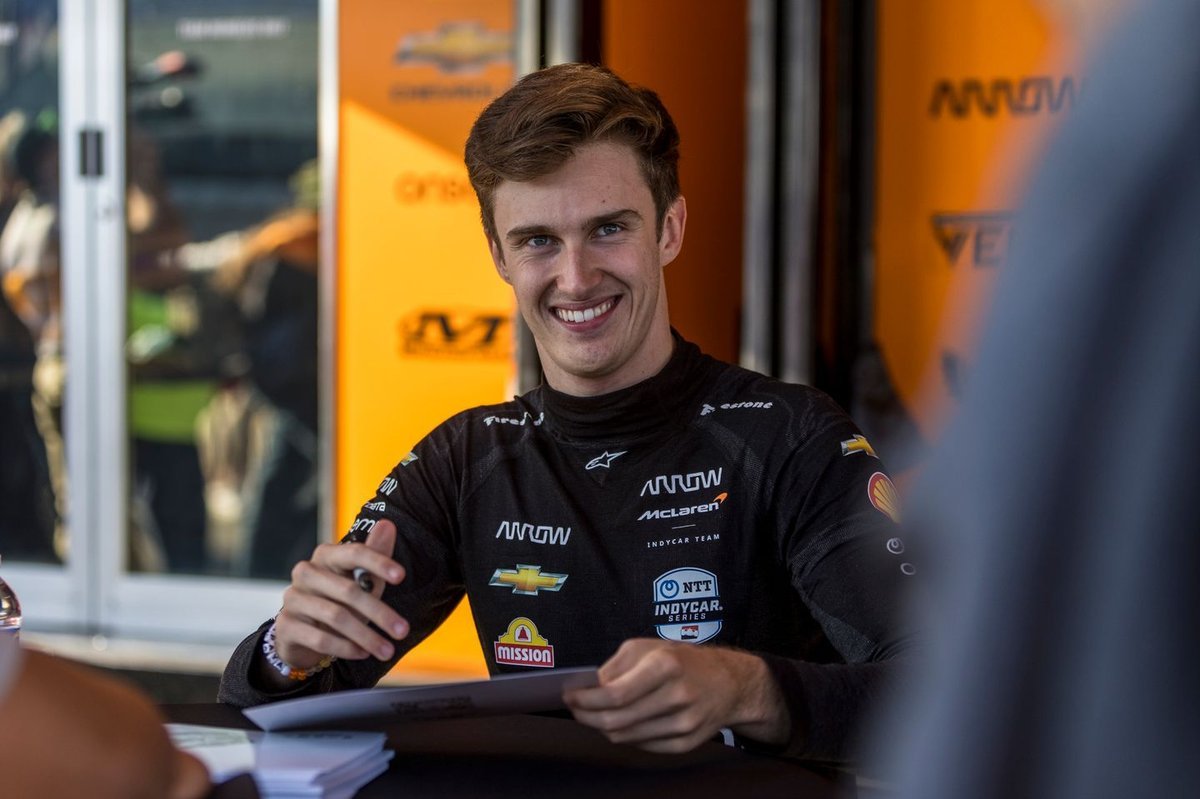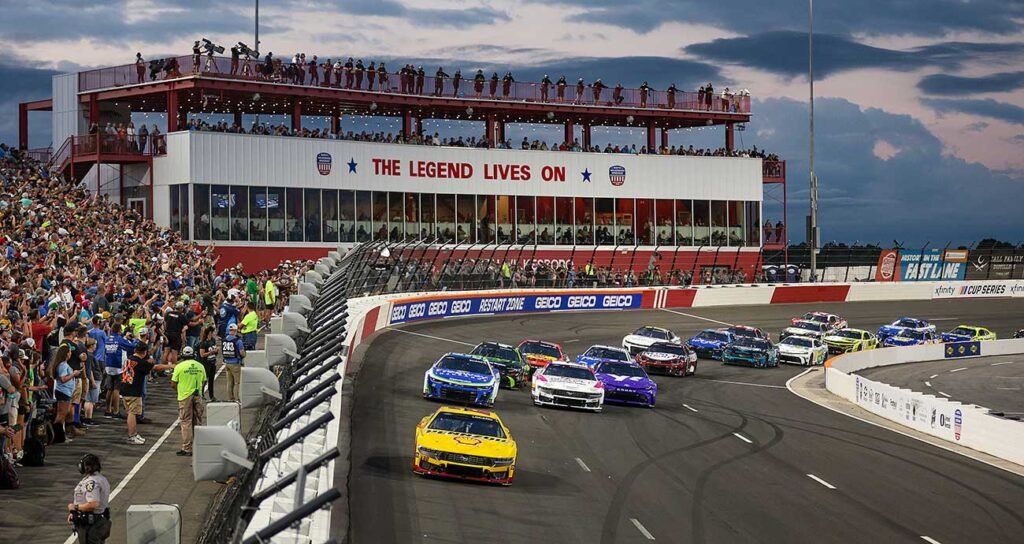
NASCAR is considering raising horsepower from 670 to 750 in the Cup Series, sparking debates on performance, driver control, and the sport’s future. Bubba Wallace weighs in.
Significant changes could be on the horizon for the NASCAR Cup Series. NASCAR officials are seriously considering increasing the horsepower of the Next Gen cars from 670 to 750 horsepower, a change that would bring more speed, more action, and more debate.
The conversation was sparked by comments from Elton Sawyer, NASCAR’s senior vice president of competition, who confirmed to SiriusXM NASCAR Radio that raising horsepower is “on the table.” NASCAR is in discussions with key stakeholders, including engine builders and team owners, to assess the feasibility of the change and its potential implications for the sport.
The last principal horsepower reduction occurred when the Next Gen car was introduced, limiting power to promote parity and durability. But now, the pendulum may be swinging back toward performance.
Bubba Wallace: “Put it Back in the Driver’s Hands”
One of the most vocal and clear supporters of this potential change is 23XI Racing driver Bubba Wallace. Ahead of the Nashville race, Wallace shared his thoughts with the media, and he didn’t hold back.
“I think more horsepower would help out everywhere, honestly,” Wallace said. He emphasised that the current cars are so evenly matched that opportunities for real racing and overtaking have become limited, especially on tracks that require shifting. “We’re having to just operate inside the sandbox that we’re given. It is what it is.”
Wallace believes that more horsepower would bring back the “old-school” racing feel, when the driver’s skill played a bigger role than the engineering or aero package. “It just puts it back in the driver’s hands, and that’s what we want.”
When asked what number would make a difference, Wallace joked, “1,000,” before settling on 750 or more as a realistic goal. “If you go in small increments, it’s just like sticking a band-aid on something. I think we need a big step. What are we scared of?”
Image: Bubba Wallace at the Michigan International Speedway.
Why Now? Inside NASCAR’s Planning Process
This isn’t a decision being made overnight. NASCAR’s leadership has been engaging with team owners and engine builders to gauge the practical side of implementing such a change. According to Sawyer, recent meetings with the Team Owner Council and technical discussions with John Probst, NASCAR’s SVP of innovation and racing development, are part of a broader effort to evaluate how this increase could play out.
Sawyer highlighted the sport’s improved collaboration in recent years, noting that decisions like this are being made more inclusively than ever before. Still, nothing is finalised. NASCAR must consider cost, performance impact, competitive balance, and even manufacturer readiness before green-lighting the move.
The Pros and Cons for Teams and Drivers
If NASCAR does increase horsepower, the implications for teams could be significant. Here’s how it might play out:
Pros:
- Better racing: Higher horsepower could reduce the effect of aerodynamic “dirty air,” making it easier for drivers to pass and race side-by-side.
- More driver control: Wallace and others argue that greater horsepower puts more of the race in the driver’s hands, not just on car setup or pit strategy.
- Fan excitement: Faster cars often mean more thrilling action, which could boost TV ratings and ticket sales.
Cons:
- Increased costs: More powerful engines may wear down faster or require expensive upgrades, which could hurt smaller teams.
- Safety concerns: Higher speeds mean higher risks. Tracks may need to adapt safety barriers, and teams may need to upgrade parts to handle the extra stress.
- Unintended imbalances: Some manufacturers or teams may benefit more than others, especially if they already have a head start in engine development.
What This Means for NASCAR Fans
At its core, NASCAR is in the business of putting on a good show. If increasing horsepower makes races more exciting, and more in line with what fans loved in the past, the sport could benefit from a renewed sense of energy and identity.
But the move also represents something more profound. It’s a response to growing concerns that modern NASCAR, with its equalised cars and technical regulations, has drifted too far from its roots. Drivers like Bubba Wallace aren’t just asking for faster cars; they’re asking for a return to racing that rewards instinct, aggression, and raw talent behind the wheel.
Whether the change goes through or not, the debate over horsepower is a window into NASCAR’s evolving identity. Should the sport prioritise cost control and an even playing field? Or should it swing back toward speed, skill, and a more unpredictable product?
For Wallace, the answer is clear. “We’ve been saying for years that we want more horsepower,” he said. “Well, they [new manufacturers] ain’t in, so let’s do something.”
NASCAR may not be ready to jump to 1,000 horsepower, but 750? That might just be the start of a faster, fiercer era.
The horsepower debate is more than just a technical adjustment; it’s a signal of where NASCAR is headed. If the sport chooses speed, it’s choosing to make the driver king again. And that’s something fans, teams, and drivers like Bubba Wallace may be ready to embrace.
Keywords: Nascar, Horsepower Increase, Next Gen Cars, Bubba Wallace Nascar, Nascar 2025 Updates, Nascar Performance Boost, Nascar Racing Evolution

